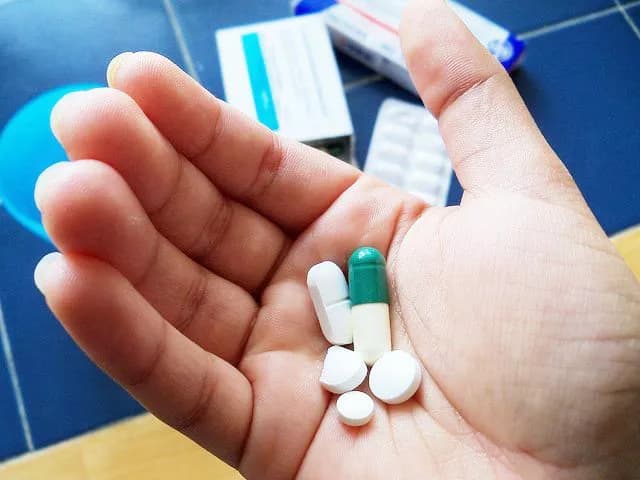
New Class Of Drugs To Combat Aging Diseases Discovered
The mysterious, complex and inescapable process of aging often comes with chronic diseases like diabetes, heart disease and cancer. Recently, scientists at The University of New Mexico Comprehensive Cancer Center uncovered new details of the aging process. The team also discovered a new class of drugs that combats an important part of the aging process. Eric Prossnitz, PhD, led the UNM team that published its results in Science Signaling.
Prossnitz studies a receptor on our cells called the G protein-coupled estrogen receptor, or GPER. It determines in part how our cells respond to the hormone estrogen and to estrogen-like substances. GPER plays a role in diseases like breast cancer and diabetes. "GPER mediates many beneficial functions in physiology," says Prossnitz. In one study, he found that making GPER more active in mice placed on a high fat diet reduced the development of atherosclerosis. Atherosclerosis is a condition in which the blood vessels harden and narrow. But another study's results with old mice surprised him. That study led his team to the discovery of novel processes of aging and a new way to combat them.
In the surprising study, Prossnitz's team observed mice that lacked GPER in all their cells as they aged. They tracked the mice over the normal mouse life span of about two years. They expected these mice to show increased levels of aging-related disease in their hearts and blood vessels. Instead, compared with normal aged mice, the GPER-lacking mice had healthier hearts and blood vessels. The team then conducted a series of experiments to learn why. They discovered an altered balance between certain signaling molecules in the smooth muscle cells of blood vessels and the heart.
One of those signaling molecules, superoxide, is a type of reactive oxygen species. Reactive oxygen species react quickly and strongly with nearby cellular proteins and impede those proteins' ability to perform their tasks. Over time, the cell's proteins and other components degrade enough to prevent normal cell functions. "Almost every disease of aging is influenced by reactive oxygen species," says Prossnitz.
Prossnitz and his team next tested whether their patented GPER-blocking drug would improve smooth muscle cell function, as they observed in cells lacking GPER. They discovered that blocking GPER changed how the blood vessels' smooth muscle cells expressed their genes. One of the genes that the drug affected produces a protein called NOX1. NOX1 produces superoxide, one of the most reactive molecules the body produces.
By blocking GPER, the team's drug also blocked NOX1 expression, reducing the amount of superoxide the cell produced and reducing cellular aging. "It may not be a cure for aging," Prossnitz says of the drug, "but it may greatly delay the aging process."
The blood vessels of people, and mice, with chronic diseases like diabetes, heart disease and cancer show signs of accelerated aging. Several diseases, such as progeria, result from mutations which cause rapid aging. By preventing NOX1 expression to block a cell from producing excess superoxide, Prossnitz hopes to find a treatment for these conditions one day. That day is still a long way off -- the drug must first be developed for human use and then thoroughly tested. But Prossnitz and his team hope to create a treatment based on this new GPER-blocking approach to help people live longer and better with chronic conditions.
Materials provided by University of New Mexico Comprehensive Cancer Center. Note: Content may be edited for style and length.
Disclaimer: DoveMed is not responsible for the accuracy of the adapted version of news releases posted to DoveMed by contributing universities and institutions.
Related Articles
Test Your Knowledge
Asked by users
Related Centers
Related Specialties
Related Physicians
Related Procedures
Related Resources
Join DoveHubs
and connect with fellow professionals

0 Comments
Please log in to post a comment.